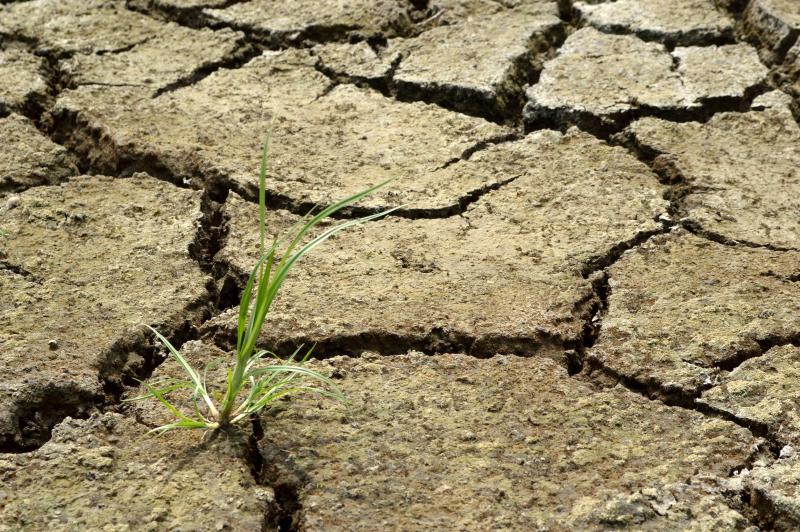
Last month was the driest July for England since 1935, and the driest on record for East Anglia, southeast and southern England, provisional statistics show.
England saw an average of 23.1mm rainfall, the Met Office says, while south-east and central southern regions saw an average of just 5.0mm rainfall.
Most of the country now has low river levels, with significant consequences for the farming industry, nature and wildlife.
South East Water has become the latest water supplier to announce a hosepipe ban, citing extreme dry conditions and record demand. It follows Southern Water announcing a ban last week.
Matt Williams, of the Energy and Climate Intelligence Unit (ECIU), said the heatwave and dry weather could bring with it a UK-wide drought.
He said measures like hosepipe bans might provide temporary relief, but the UK was not well-prepared for future droughts, especially in the farming sector.
“Some are saying this could be as bad as 1976, when failed crops sent food prices up 12%," Mr Williams noted.
"This would come on top of food prices that are already sky-high due to the costs of inputs like fertiliser and energy from gas.
“A drought this summer would add more pressure to a global food system already creaking under the weight of extreme weather in other countries so far this year, like flooding in South Africa and a heatwave in India.
"The benefits of supporting farmers to reduce dependence on energy and chemicals made from fossil fuels, to achieve net zero, and to adapt to climate change, have never been clearer."
Groups including the NFU have called for an Irrigation Water Strategy to address water allocations, increasing demands and competition among water dependent sectors.
